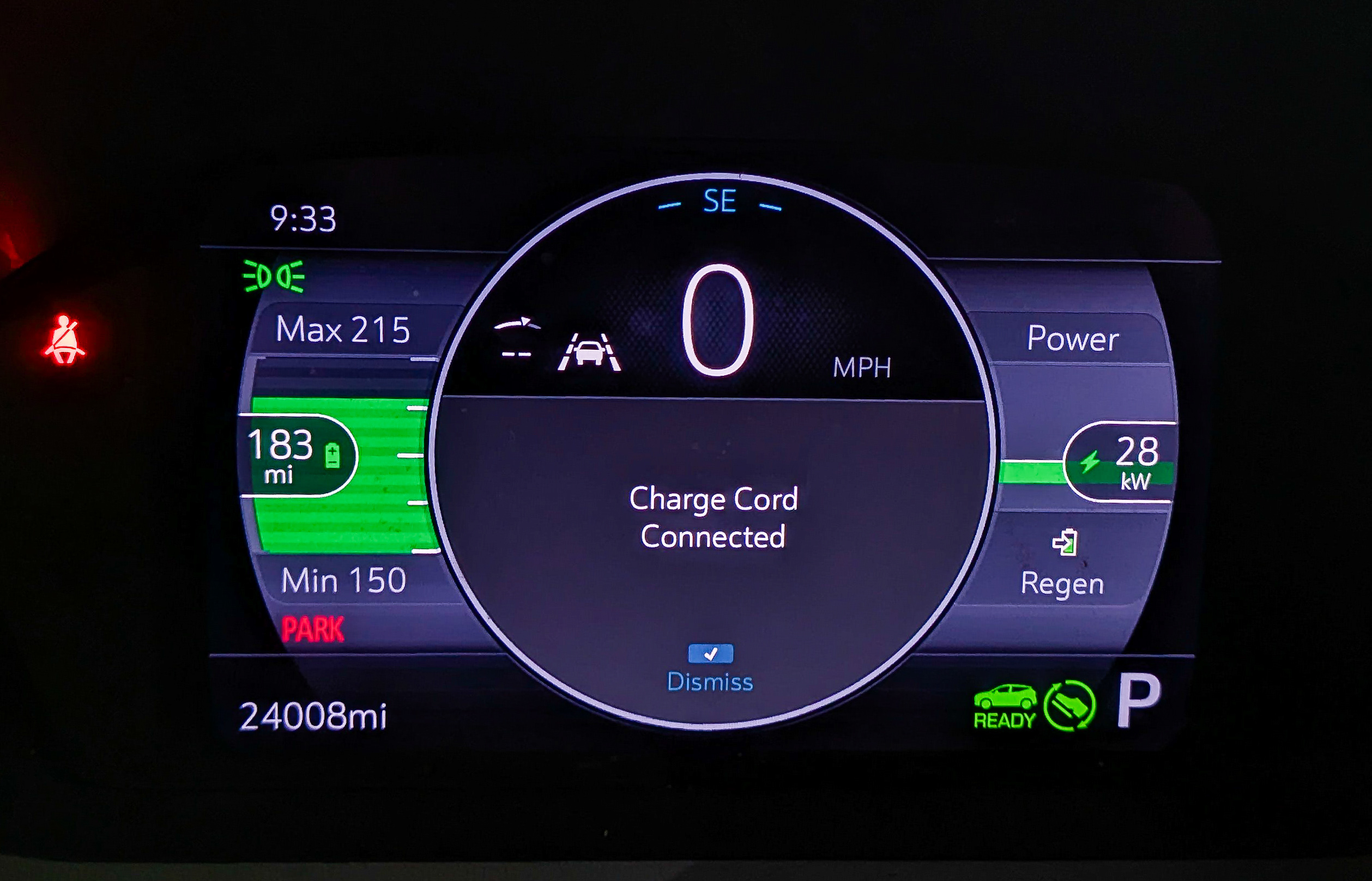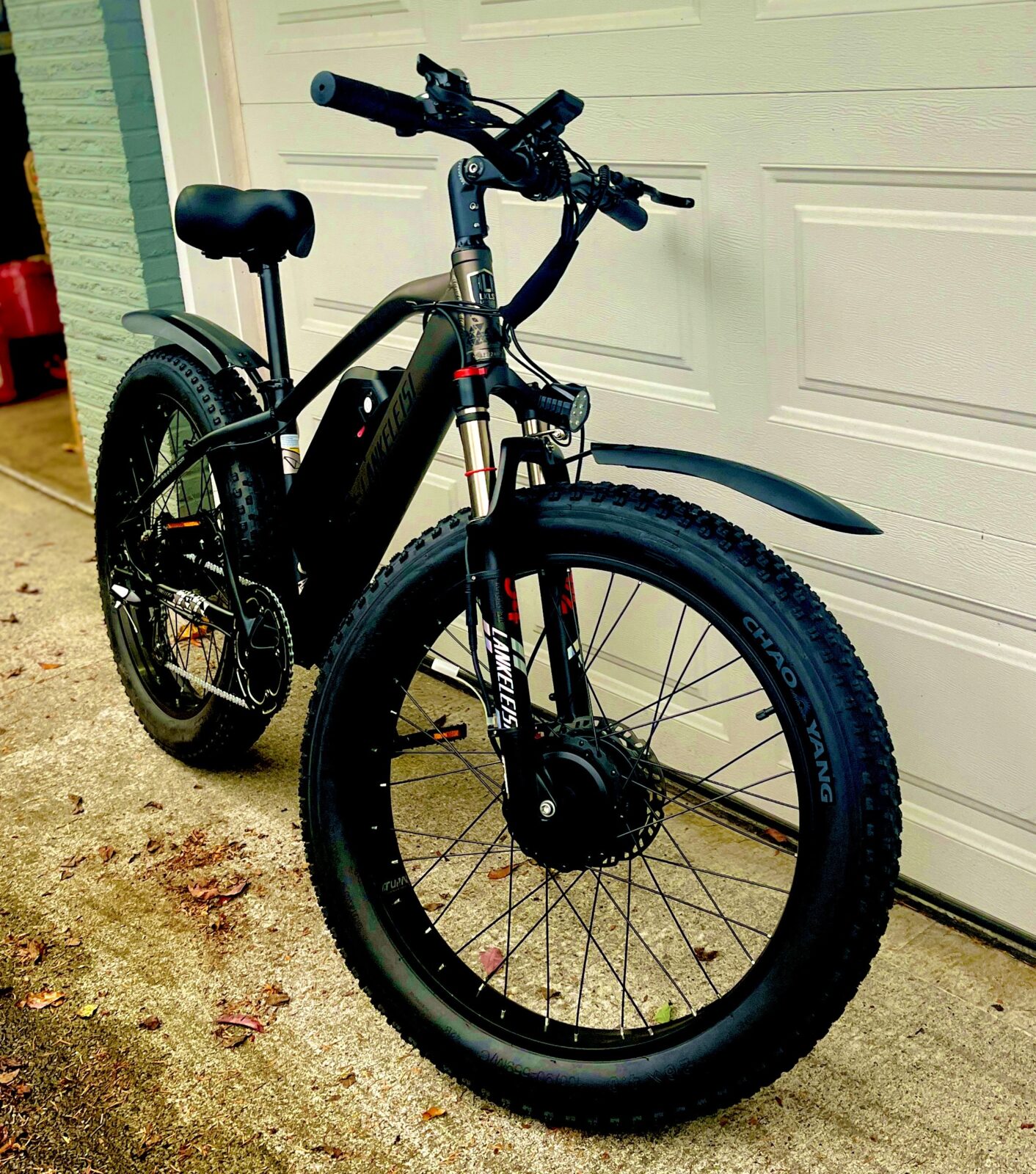Last Updated on: 17th June 2025, 02:17 am
Sells 20,000 cars in 2 months
Chinese carmaker Dongfeng Nissan officially launched the N7 EV at the Shanghai Motor Show in April. It was first presented in November 2024 at the Guangzhou Motor Show but not officially released until Auto Shanghai in April. The car is a Nissan, but more a Dongfeng. It is manufactured by the Dongfeng (pronounced Don-fung) factory but carries the Nissan badge, engineering, and design philosophy.
The press release sent by Nissan said is has sold 17,000 cars since the April launch. That number has ballooned to 20,000 or more since June 5 — just 12 days since the first report — and is said to be increasing by about 100 cars a day sold in major Chinese cities — Shanghai, Beijing, Nanjing, and of course in Wuhan, where Dongfeng’s headquarters are located.
In China, it’s easy for a new car to get lost in the noise. There seems to be a new car coming out every month. Dongfeng Nissan, however, decidedly approached its launch, the Japanese way. A deep market study, good pricing coupled with thoughtful engineering, and a quiet confidence surround the new N7 electric sedan.
I guess it is also a statement of intent and a signal of a major strategy shift for the Japanese automaker in the world’s largest — but not necessarily most demanding — electric vehicle market.

The N7 is the first vehicle born from Nissan’s new dedicated electric platform, but more importantly, it was developed and produced entirely in China. This isn’t a Japanese car adapted for the local market; it’s a ground-up collaboration designed to meet Chinese drivers where they are, blending Nissan’s manufacturing expertise with the fast-moving, tech-forward approach of local partners.
I am basing the following description solely on videos and photos as well as DF-Nissan’s sales literature.
The N7 design clearly prioritizes aerodynamic efficiency. The car sits low and wide, with a drag coefficient of just 0.208. The front end carries Nissan’s signature V-Motion design, but it’s the lighting that catches the eye. A collection of 710 LEDs form the headlights, while a full-width rear light bar uses 882 individual OLEDs.
It’s not the first time, but the execution seems to be more refined than others, as N7 owners can customize the lighting patterns and even project text when the car is parked, a feature that feels perfectly suited for a tech-savvy audience. The doors are frameless, the handles sit flush with the body. Not new, but admittedly well executed.

Opening the door reveals an interior like a minimalist living space. The centerpiece is a massive 15.6-inch, 2.5K central screen, powered by a Qualcomm Snapdragon processor that keeps interactions fluid and lag-free.
DF-Nissan focused heavily on passenger comfort. The front seats, which they call “zero-pressure,” use an AI-driven system that reads 49 sensor points to subtly adjust posture for long-haul comfort. They also feature a 12-point massage function. A clever refrigerated and heated compartment in the center console can chill drinks down to -6°C or warm them to 55°C, a practical touch that goes beyond the usual creature comforts. Adding to the atmosphere are a pair of retractable speakers that rise from the dash and a large panoramic roof that bathes the cabin in light.
The N7 arrives with an advanced driver-assist system developed with Momenta, a major player in China’s autonomous driving scene. The system, called “Navigate on Autopilot,” is designed to handle the full spectrum of driving duties. On the highway, it manages merges and overtakes. In the city, it executes complex turns and lane changes. The system can even handle the headache of parking in tight or angled spaces on its own, a feature that will surely resonate with urban drivers.
Power comes from a choice of two LFP battery packs, 58kWh or 73kWh, both built on a 400-volt architecture. This setup provides a range of 510 to 635 kilometers, depending on the configuration. For a driver on the go, the battery can be charged from 10% to 80% in a claimed 19 minutes, addressing one of the key pain points of EV ownership.
The N7 is available in three grades — Max, Pro, and Air. The Max and Pro grades offer two types of battery at prices ranging from RMB 119,900 to 149,900 (approximately $17,000 to $21,000).
The N7 is number one of 9 cars designed (but not entirely exclusively) for the Chinese market, and twelve for its global consumers, under Nissan’s “The Arc” business plan, according to sources close to CleanTechnica. It’s a high-stakes bet that by building cars in China, for China, Nissan can reclaim its footing and carve out a new identity in the electric era under another corporate re-strengthening activity, the “Re:Nissan recovery plan.”

Sign up for CleanTechnica’s Weekly Substack for Zach and Scott’s in-depth analyses and high level summaries, sign up for our daily newsletter, and follow us on Google News!
Whether you have solar power or not, please complete our latest solar power survey.
Have a tip for CleanTechnica? Want to advertise? Want to suggest a guest for our CleanTech Talk podcast? Contact us here.
Sign up for our daily newsletter for 15 new cleantech stories a day. Or sign up for our weekly one on top stories of the week if daily is too frequent.
CleanTechnica uses affiliate links. See our policy here.
CleanTechnica’s Comment Policy





